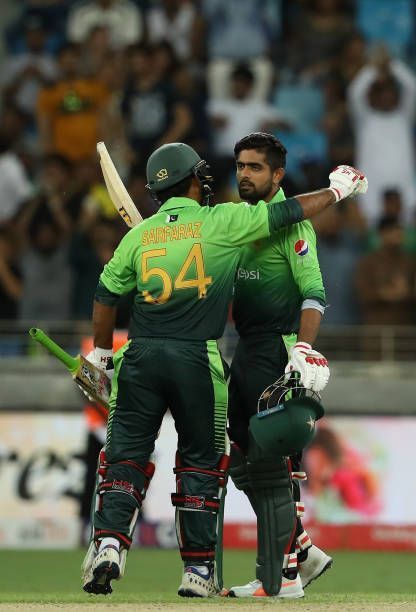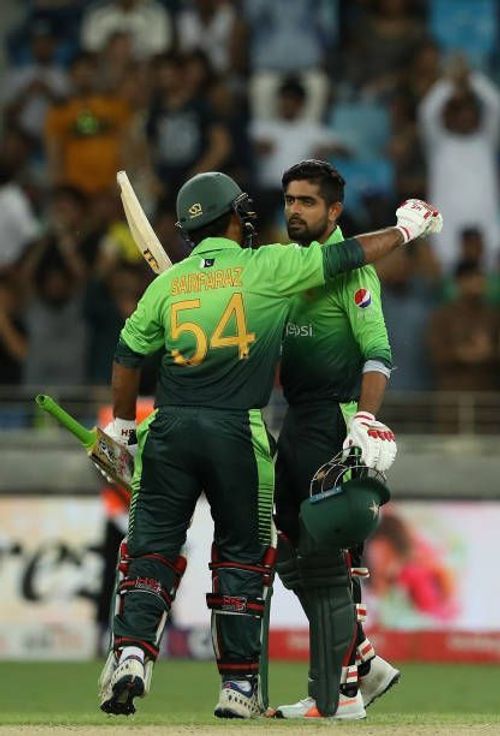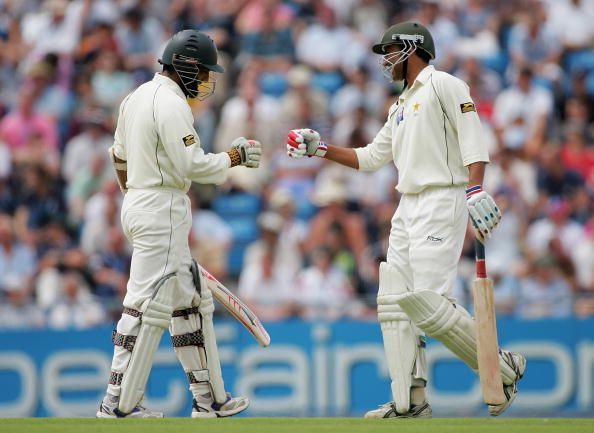
The Pakistani batting conundrum
Pakistani batting in recent times has been an enigma for connoisseurs and fans alike. Pakistan have some promising batsmen in their ranks, but they burden them with unfair comparisons with their Indian counterparts. Every Pakistani wants Babar Azam to replicate the feats of Virat Kohli. Fakhar Zaman is seen as the new age Saeed Anwar and Asif Ali is often compared to Shahid Afridi. Once the young Pakistani batsmen show some promise in the initial days after their debut, they fail in upskilling themselves which results in poor performances. This results in the impulsive Pakistani cricket experts taking over and shattering the confidence of the player with excess criticism.

Pakistan has always envied the production line of batsmen that India has. If Sunil Gavaskar could make it big in Test Cricket with 34 centuries, Sachin Tendulkar dominated the arena in Tests and ODIs for 24 years and added an insurmountable 100 centuries in his resume. Now Virat Kohli has taken upon the mantle and he is able to match if not better Tendulkar’s feats. 18212 International runs in 346 matches at staggering average of 55.69 with 59 international hundreds across the three formats is a stuff made of legends and the scary part is, he’s only 29. India’s batting future looks even more secure with the arrival of the teenage prodigy Prithvi Shaw.
India produces quality batsmen because the work is being done at a junior level where they develop strong fundamentals which comes from defence, balance and head position. Mumbai produces batsmen who are technically proficient and carry the hunger to score big runs. As they progress further, they are looked upon by legends like Rahul Dravid who work on developing the right mindset needed to succeed at the International level.

Pakistan needs to work at their school cricket and age group levels with someone of the calibre of Mohammad Yousuf or Younis Khan. Once they graduate to the next level, they need to have someone of the likes of Javed Miandad to hone their craft and teach them the art of perseverance and some of the aspects involved in modern day batsmanship such as rotation of strike and power hitting. U-19, A-tours and PSL will give them the necessary exposure in International climes. Once they have passed all the trials and shown enough promise, they should be given a long rope and the team management should show ample patience.
One of the major issues that plagues Pakistan cricket is the perennial chopping and changing that happens almost every other series. A defeat to India means a sea of changes in the line-up. When Pakistan was a formidable unit under the likes of Imran Khan and Wasim Akram, they would go ahead with the same set of players which gave the team members a lot of security and it reflected in their performances. Pakistan needs to learn a lesson or two from it's own past, if they seriously think about getting their batting culture back on track.
Since ICC is looking to promote the game of cricket, it becomes paramount for all the full members to be setting a benchmark. Pakistan forms a major cog in this giant wheel of cricket and has time and again helped cricket gain new audience. If they can marry a long term vision with proper commissioning and a plan to restructure the first-class system, Pakistan might bring back its glory days which will also reinvigorate its rivalry with India. In the era of social media, this would be a mouth-watering proposition for broadcasters and fans alike.